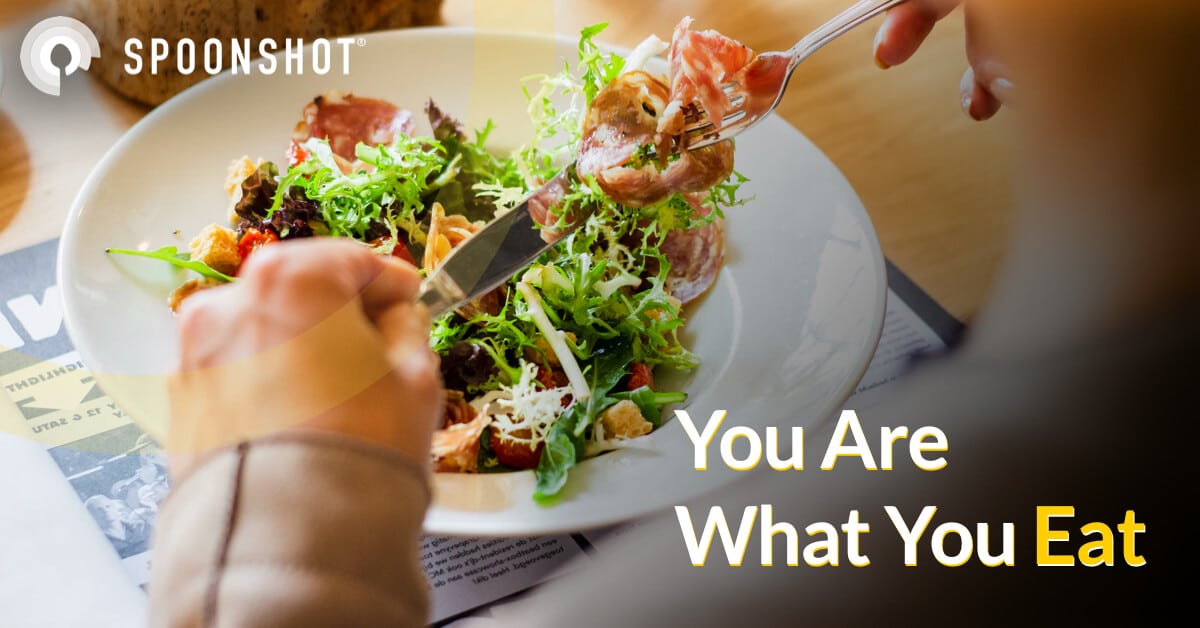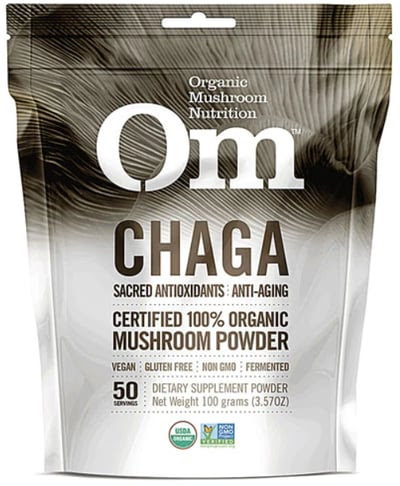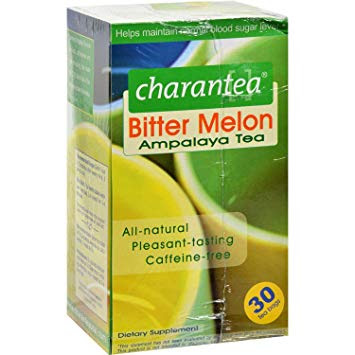
My friend Rachelle starts every new year with a dieting resolution and so the other day she called me to announce it once again!
“Great!” I exclaimed. “I’m ready to start a diet too. We can be dieting buddies and help each other out. I told her if I ever felt the urge to cheat and have a burger, she would be the first one I’d call. To which she replied, “Great!”. “I’ll have one too.”
Sounds familiar? This is the true story of every dieting story ever!
Dieting is one of the most common New Year’s resolutions and people in the US spend more money on dieting, dieting products and weight loss surgery than any other people in the world.

Speaking of diets, the plant-based movement saw a surge in all formats (dairy, meat, seafood, etc.) in 2019, with the interest in ‘veganism’ having increased seven-fold in the five years between 2014 and 2019.
According to Spoonshot data, clean eating topped the list of diets with over 11K conversations among consumers interested in a plant-based diet, followed by keto and alkaline diet.
Clean eating is simply a plan where exercise and whole foods like fruits, vegetables, whole grains, lean meats take prominence. There are no artificial ingredients, preservatives, or chemically charged foods, sugars, saturated fat, and trans fat.
A keto diet, on the other hand, is a low-carb, high-fat diet. The ketogenic diet has had an interesting history as well. It was used in several major U.S. medical centers as a treatment for epilepsy until the development of new anti-seizure medications became standard protocol post-World War II.
Also Read: Functional Beverage Trends
Spoonshot’s data suggests that while coffee (packed with butter and medium-chain triglycerides (MCT) oil) is the most popular ingredient in the ketogenic diet, there are few other ingredient combinations that are emerging. Chaga Mushroom and Bitter Melon have a high novelty label and can be used as herbal tea supplements.
Some examples of Keto supplement products that include Chaga Mushroom and Bitter Melon are:


While there is no dearth of new diets that spring up every two years, a new danger lurks in the dark when it comes to diets.
No, it’s not fluctuating weights or minds, but food envy! A recent study done in the UK stated that almost half of Brits have fallen victim to food envy – wishing that they were eating what is on someone else’s plate – and this phenomenon only soars in the New Year.
Sounds almost like Friday the 13th!
What’s important to note is that the hallmarks of a ‘good’ diet must include balance, sustainability, and healthfulness.



Leave a Reply